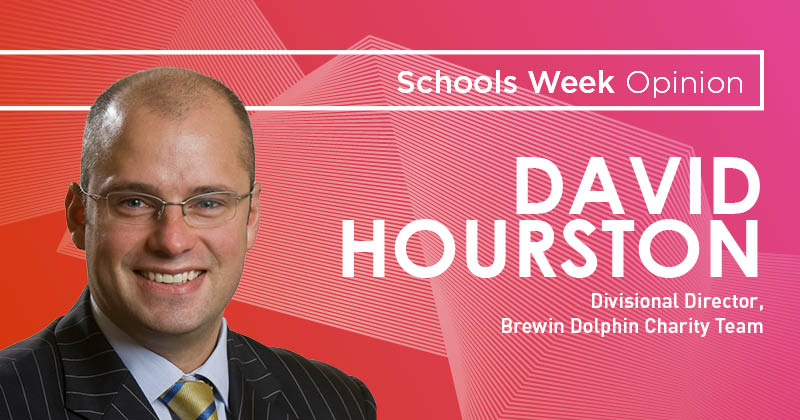At first, most commentators were expecting short-term only transitory inflation in response to short-term drivers. But supply chain issues and the appalling events in Ukraine have seen the price of oil rise spectacularly and threaten the country’s grain and wheat exports, which make up ten per cent of the global total. The result is UK headline inflation now running at around seven per cent and expected to continue to rise further before easing at the earliest in late 2023.
The bad news is that boards are unlikely to get a huge amount of help from the Bank of England. Higher interest rates are usually used to combat higher inflation but can also slow economic growth. With the pandemic recovery still fragile, central banks are walking a tightrope. Expectations are for the bank to raise rates again this year from 0.5 per cent to around 1.75 per cent – higher than we’ve seen for some time but still well below the expected rate of inflation. Any cash sitting on deposit is likely to lose value in real terms this year and next.
There is no ‘correct’ level of cash for trusts to hold on deposit. Some reserves are needed to cover operating costs and planned capital expenditure, with perhaps a little extra for unforeseen costs. However, if any part of the overall reserve is not needed for a specific purpose in the near term, it is certainly worth considering whether the funds could work a bit harder to offset inflation.


